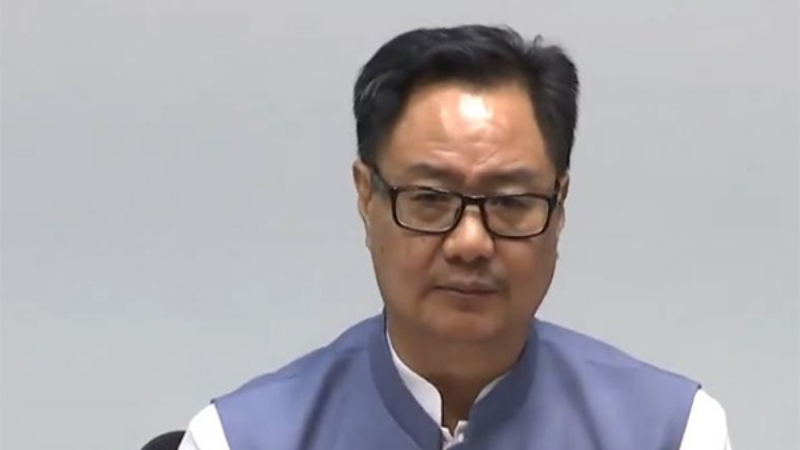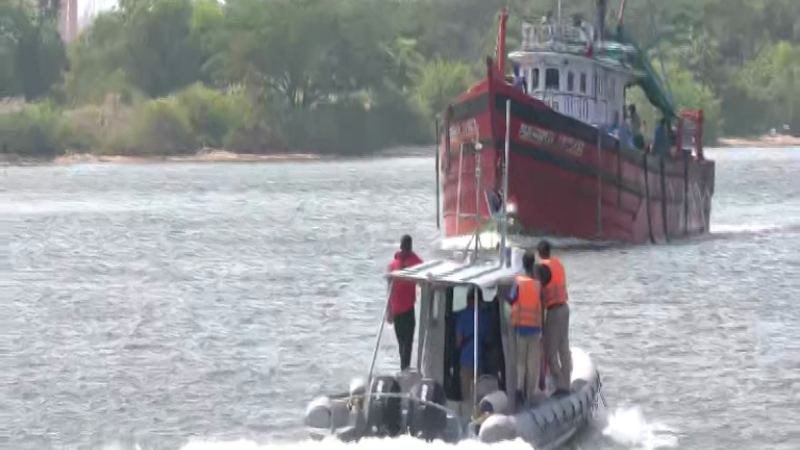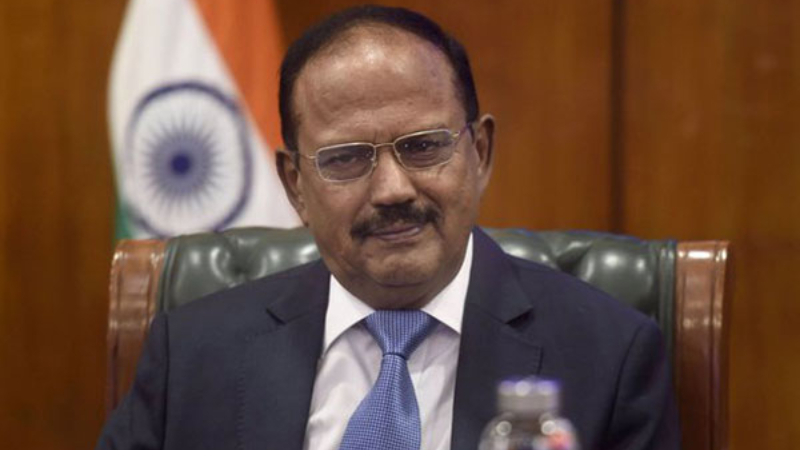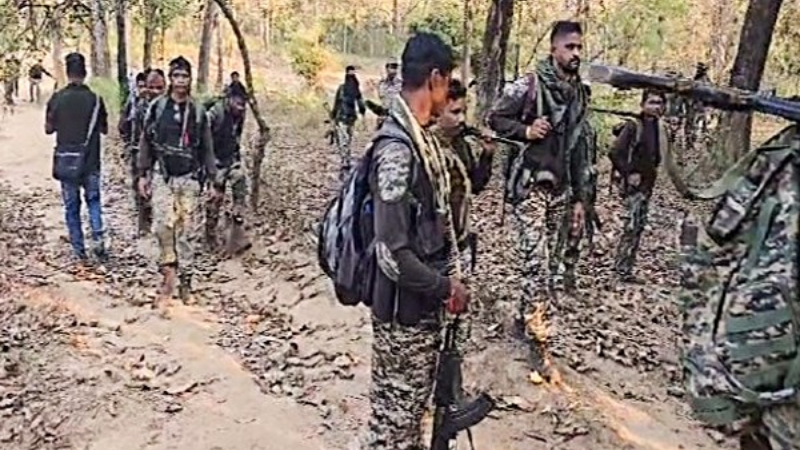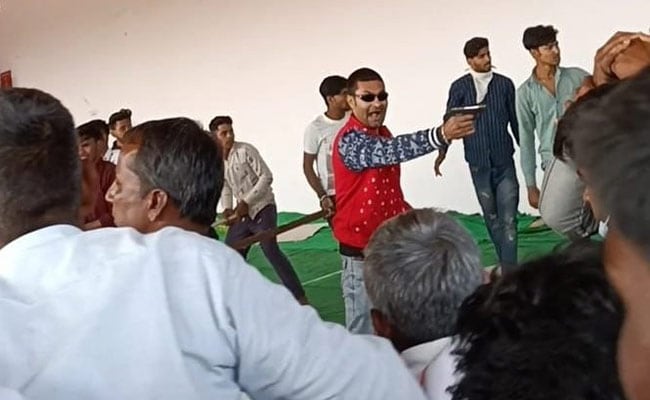Gyanvapi's ASI Survey Stay Put by Allahabad High Court
A Varanasi court had directed the Archaeological Survey of India (ASI) in April to survey the mosque's structure on a petition claiming illegality in the construction of the site.
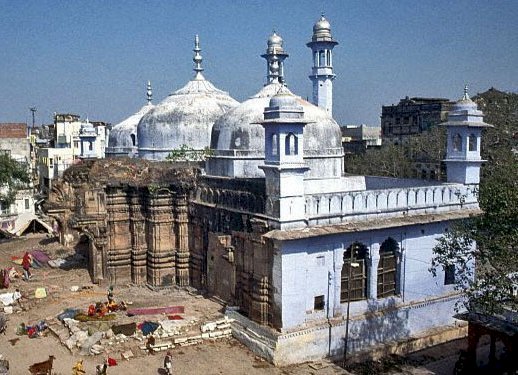
A bench of the Allahabad High Court yesterday put a stay on the survey of the Gyanvapi mosque in Varanasi. The survey was ordered by a Varanasi court in April. The court had directed the Archaeological Survey of India (ASI) to constitute a five-member committee having two representatives from the Hindu and Muslim sides each and an archaeological expert. The order was then challenged in the high court by UP Sunni Waqf Board and Anjuman Intezamia Masjid Committee, in charge of the Gyanvapi Masjid.
The Places Of Worship Act
The petitioners representing the Muslim side had challenged the Varanasi court order citing the Places of Worship (Special Provisions) Act, 1991. The act says that no change in the status of any of the religious places can be made after 1947.
In other words, the act froze the religious status, as it was on the day of independence, of all the places of worship to stop any legal battles related to them.
Passed by the Narasimha Rao government in 1991, the act excluded the Ram Mandir-Babri Masjid dispute as the case had already been in court for a long time.
Breach Of Jurisdiction
The petitioners also asserted in the High Court that the lower court had breached its boundary of jurisdiction. They said that as the High Court had already reserved its decision on the maintainability of the suit, the lower court should not have ordered any directions in the case.
The Right To Worship
The suit they were referring to was filed by the Hindu side in the Varanasi court. The suit seeks the right to worship in the mosque and a physical survey of the site by the ASI. The survey was sought to prove their claim that the mosque was built by demolishing a part of the Kashi Vishvanath Temple.
To this demand, the Muslim side referred to the Places of Worship Act. But the Hindu side said that the act could not be invoked in this case as only a part of the temple was demolished and not the whole temple.
After the lower court ordered the survey, the Muslim side went to the High Court against it. In response to this petition, the High Court has now ordered an interim stay.
